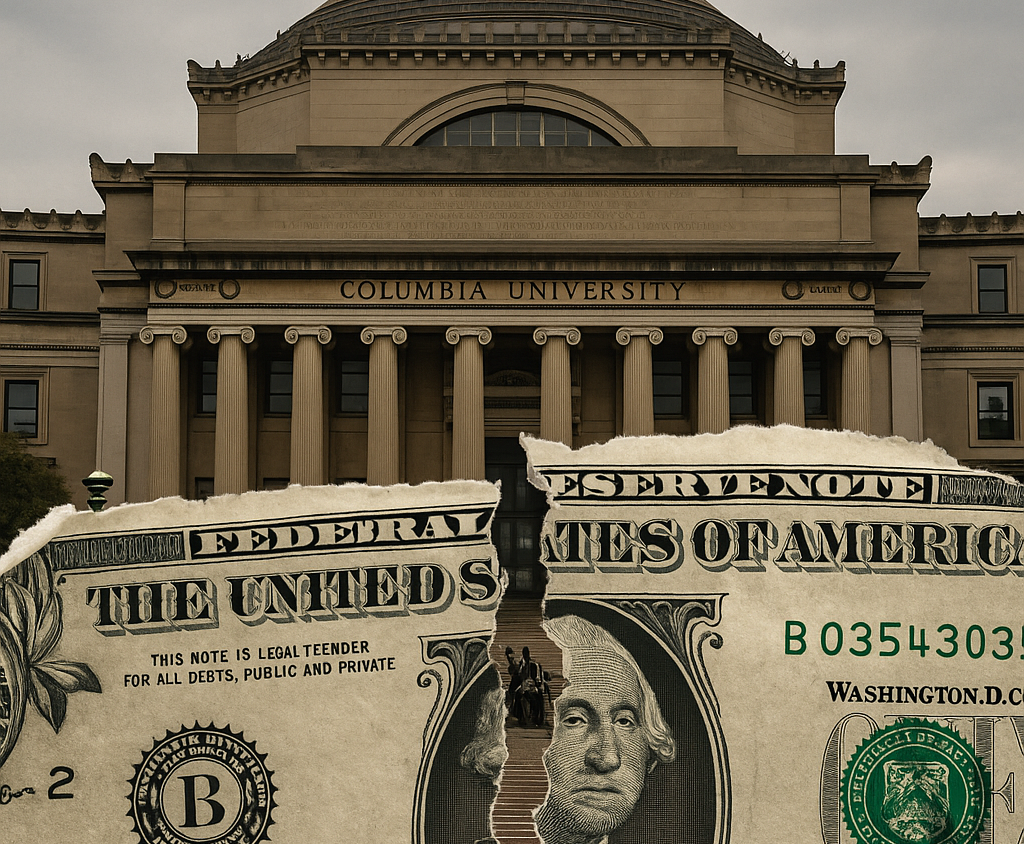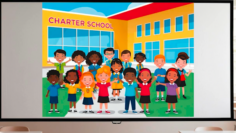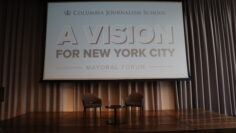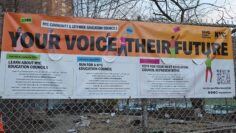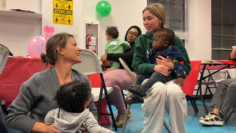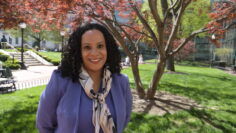What Do The Federal Funding Cuts Mean To Columbia University?
The Federal Government cut $400 million dollars in funding at Columbia University last month citing what they called “the school’s continued inaction in the face of persistent harassment of Jewish students.”
The University agreed to make changes to its protest policies, beef up security, all while bringing oversight to its Middle Eastern studies department. But let’s backtrack… where did this all start?
Nearly a year ago, Columbia University became the epicenter of pro-Palestinian encampments happening across the nation on college campuses. This led to students being arrested and or suspended, including those who barricaded themselves inside Hamilton Hall. Former University President Minouche Shafik and other school leaders testified before congress about how they were handling the protest. Students even shared their experiences.
“Months of silence from our leadership have conditioned us to believe the university does not care about us and will not protect us,” said Eden Yadegar, a Columbia University student, during the hearing.
Fast forward to March 8th this year, federal immigration agents arrested and detained green card holder and recent graduate Mahmoud Khalil for his involvement in the protests. Khalil’s arrest sparked a public outcry in New York.
“And if you think the people who brought ICE to our doorstep care about safety, you are wrong,” said New York City Council member Shaun Abreu at a press conference last month.
Columbia lost $400 million… but what does this all mean? What happens when the federal government cuts university funding? Who does it affect?
Federal dollars are vital for major research universities, like Columbia, to continue conducting research. So far we have seen over 160 research projects terminated since March 7th, affecting research on H.I.V., COVID-19, mental health, tuberculosis transmission, and various other areas.
Beyond monetary consequences, many have said the cuts send a broader message about free speech on college campuses and the first amendment.
Although the University changed
Sharla Steinman is a bilingual journalist covering education in New York. She is originally from Los Angeles and a UCLA alum. She’s penned bylines in The New York Times and Uncloseted Media. You can reach out to her on X @Sharla_Steinman.




